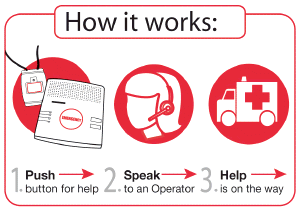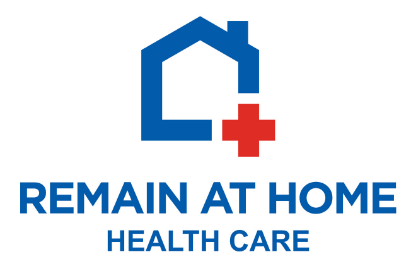Medical Alert Systems Under EEOICPA

While, “Help, I’ve fallen and I can’t get up!” has been the punch line of many a joke over the years, the risks for elderly and chronically ill folks who are alone are very real. A simple fall or accident, if not promptly responded to, can lead to complications that could have been avoided. Even if someone is usually around the house to provide help, a medical alert system is a great safety measure to have in place. Luckily, EEOICPA beneficiaries are eligible for Medical Alert System reimbursement.
What is a Medical Alert System?
Medical alert systems can vary depending on your preferences and the products offered. The Department of Labor lays out the following requirements for a reimbursable medical alert system:
- In-home medical communications transceiver: essentially, if there is an emergency this piece of equipment will facilitate notifying the necessary emergency parties.
- Remote or portable activator: usually this is worn as a pendant necklace or wristwatch with a large button to press in case of emergency.
- Central Monitoring Station: this is a call center of trained professionals who receive incoming emergency alerts and take necessary action based on the situation. This piece is considered optional by the Dept. of Labor, but claimants should consider including this in their medical alert system package.
Medical Alert System Approval:
Assuming you have already been approved under EEOICPA and received a medical benefits card, approval for a medical alert system is fairly simple. You will need a letter of medical necessity from your doctor. The letter should include:
- Link between the accepted illness and how that specific illness can require emergency care. In other words, the doctor needs to explain that your accepted illness puts you at emergency risk and therefore you need an alert system to mitigate that risk.
- Period of Service: doctors can prescribe medical alert systems every 12 months. Make sure to schedule re-approvals at least a month before expiration.
Which Costs Are Covered?
The Department of Labor will cover most costs related to a system as long as they’re medically justified. Some systems may require a set-up fee or monthly plan – these costs will normally be covered with medical justification.
If the equipment is leased, it should be returned promptly when no longer of use. If charges are incurred for delinquent returns or failure to return the equipment, charges will NOT be covered. Always check with your claims examiner on costs before selecting a system.
If you have already purchased a Medical Alert System reimbursement for the system can be requested. The normal approval process applies to reimbursement requests.


